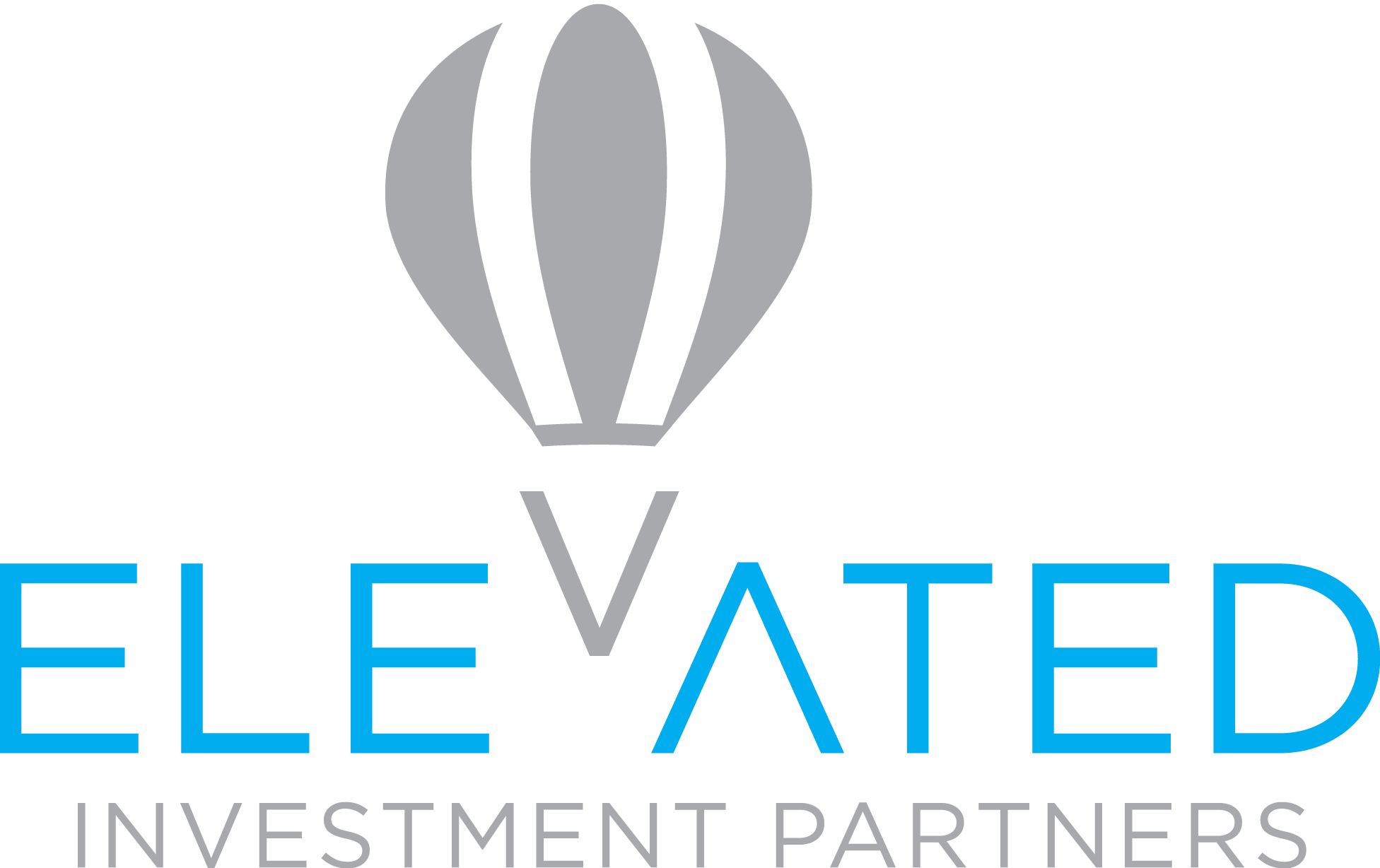The uncertainty surrounding potential tax law changes has dominated headlines in the past few weeks. While the tax landscape for 2018 is still up in the air, we know what the laws are for 2017 (assuming none of the potential changes are made retroactively, which appears unlikely based on recent proposals). When it comes to tax planning, most strategies must be completed on a calendar year basis. As we quickly approach the holiday season and the end of 2017, it is important to take time to think about tax savings strategies that can benefit you and your family.
Retirement Accounts
Maximize retirement plan contributions by year-end.
Not only does this help you to better prepare for retirement, it also may reduce this year’s tax bill and set you up for tax-deferred growth over your investment time horizon. If you are not on pace to maximize your contributions by year-end, consider increasing your deferral rate to direct extra dollars to your retirement account during the last few remaining pay periods of 2017.
Maximize Traditional IRA / Roth IRA contributions by 4/1/18.
Roth IRAs grow tax-free and are not subject to mandatory distribution rules (Required Minimum Distributions), making them great both for retirement planning and as multi-generational planning tools. Contributions to Traditional IRAs can be tax-deductible in the year that you make them (depending on your income), so maximizing IRA contributions, in addition to 401(k)/retirement plan contributions, can be another great way to reduce your taxes for the year.
Explore additional ways to contribute to tax-advantaged accounts.
These can include cash balance plans, spousal IRAs, non-deductible IRA contributions, and “back-door” Roth IRA contributions.
Take Required Minimum Distributions by year-end to avoid a 50% IRS penalty. Required Minimum Distribution tax rules apply to Traditional, Rollover, and Inherited IRAs.
Giving Strategies
Consider an IRA Qualified Charitable Distribution (QCD) to fulfill RMD and charitable goals.
IRA owners wishing to lower their adjusted gross income can use QCDs as a strategy to disperse money to a charity of their choice and to provide charitably-minded IRA owners with an opportune tax deduction.
Make charitable gifts of highly appreciated stock.
This will help to fulfill your charitable desires and mitigate current year income taxes. Rather than selling stock and realizing capital gains, consider donating it directly to charity.
Contribute to 529 College Savings Plans for your children, grandchildren, or others.
Thirty-three states offer a full or partial tax deduction or credit for 529 Plan contributions.
Make annual exclusion gifts (up to $14,000 per spouse, per person).
These gifts can help you achieve multi-generational gifting goals and reduce the value of your estate.
Other Tips and Considerations
Consider tax-loss selling.
Securities sold at a loss can often times be used to offset securities that are sold at a gain, helping to mitigate potential capital gains taxes. You should review your tax situation with your accountant prior to any tax-loss selling. You should also understand that tax-loss selling can impact an investment strategy, as securities sold at a loss should not be repurchased for more than 30 days to avoid adverse tax implications (wash sales).
Consider the timing of the sale of securities.
For individuals with highly-concentrated and appreciated stock positions that are looking to diversify their investments and risk, consider a plan to sell some shares prior to year-end and then additional shares early in 2018. This will help to reduce stock specific risk while spreading the tax liability across multiple tax years.
Explore converting all or a portion of your IRA to a Roth IRA.
Converting an IRA to a Roth IRA is a taxable event, meaning that you may owe taxes on the amount converted. However, Roth IRAs are not subject to Required Minimum Distributions (for the owner) and have the ability to grow tax-free which is a beneficial factor when considering tax planning.
Get ready for 2018.

Since it appears that the tax system may be at least partially overhauled over the near-term, it is important to sit down with your advisors and determine if any changes need to be made to your overall plan.
